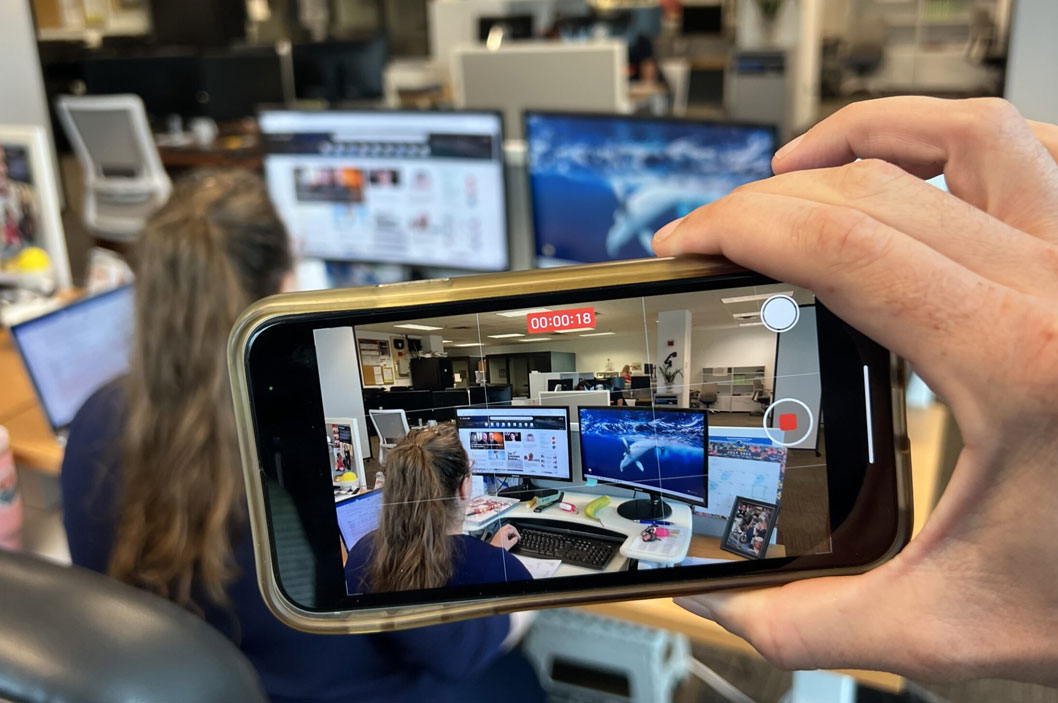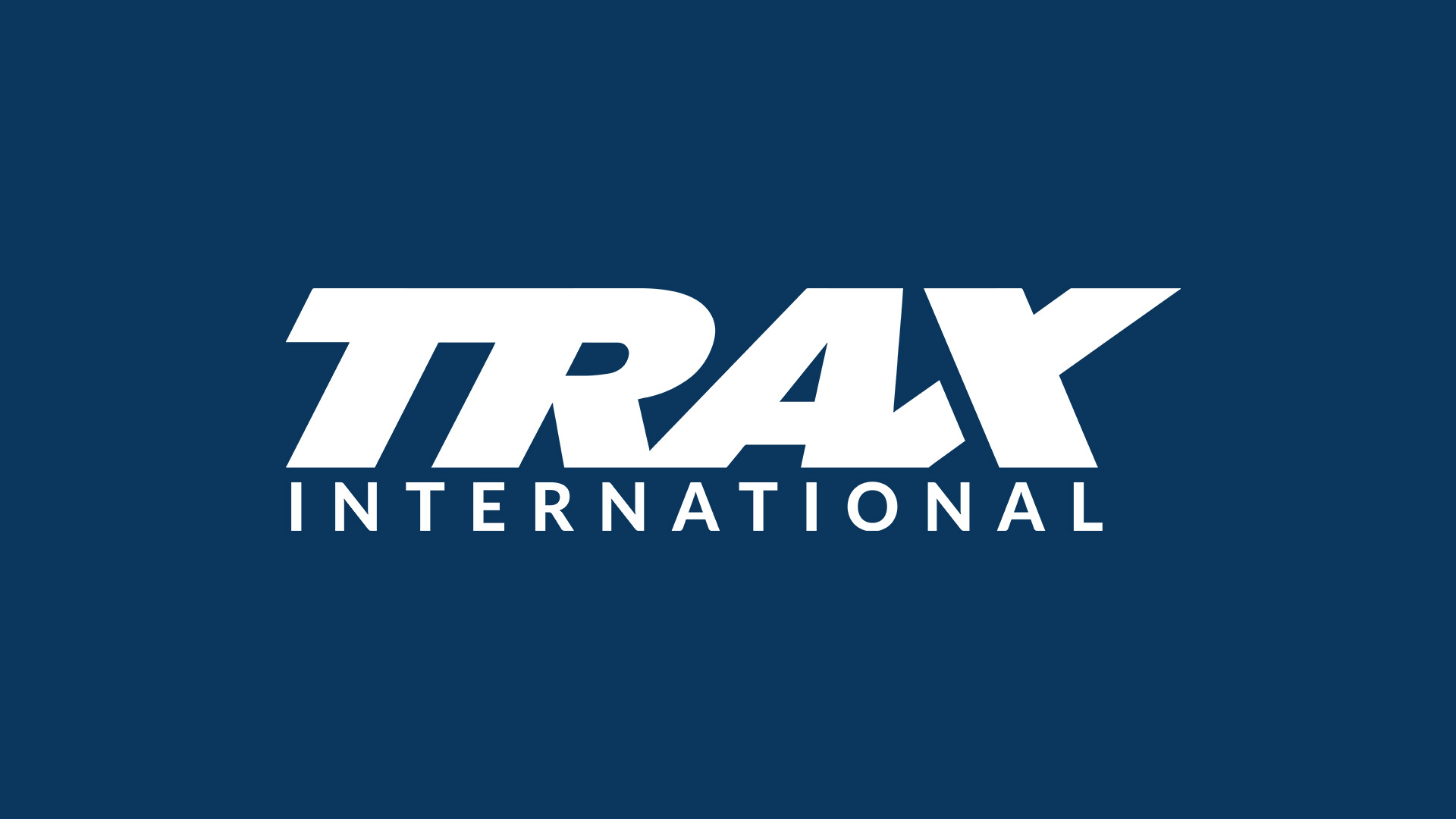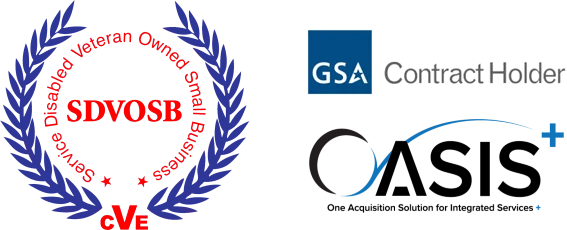In an era where personal privacy and cybersecurity have become increasingly crucial, an unlikely group has inadvertently contributed to the conversation. 1st Amendment auditors, individuals who record their interactions with law enforcement and public officials to assert their right to free speech, have unwittingly highlighted the importance of protecting oneself in the digital realm. As these auditors often engage with sensitive information in public spaces, cybersecurity experts are urging users to be vigilant about their online privacy and take proactive measures to safeguard their digital activities.
With the growing prevalence of smartphones and the ubiquitous nature of social media platforms, personal privacy has become a pressing concern. 1st Amendment auditors, who document their encounters with the aim of promoting transparency and accountability, frequently find themselves handling sensitive information in public settings. Their videos often capture computer screens displaying personal emails, documents, or even login credentials. While their intentions may be noble, this unintentional exposure underlines the need for increased cybersecurity awareness among users.
To ensure the protection of their privacy, individuals should adopt several precautionary measures while working with sensitive information in public spaces. Cybersecurity experts emphasize the importance of maintaining situational awareness and creating physical barriers between oneself and potential prying eyes. Users are advised to position their screens in a way that prevents unauthorized viewing, such as angling them away from public areas or using privacy screens that restrict the viewing angle to the user alone.
Additionally, strong passwords and two-factor authentication should be implemented to prevent unauthorized access to personal accounts and sensitive information. Regularly updating and patching software and applications is another crucial step in safeguarding against potential vulnerabilities. Utilizing a virtual private network (VPN) can provide an added layer of security by encrypting internet traffic and protecting against eavesdropping.
Social media platforms play a significant role in the lives of many, but users must be mindful of the potential risks associated with sharing personal information online. Oversharing personal details or engaging in unsafe digital practices can leave individuals vulnerable to identity theft, fraud, or hacking attempts. Users are advised to review and adjust their privacy settings on social media platforms to restrict access to personal information and limit visibility to a trusted network.
Cybersecurity awareness is not just limited to protecting personal devices and information. It also encompasses responsible online behavior, such as being cautious while clicking on links or downloading files from unfamiliar sources. Phishing attacks and malware are pervasive threats that can compromise both personal and professional data, making it crucial to exercise caution and verify the legitimacy of online content before engaging with it.
While the activities of 1st Amendment auditors may have unintentionally sparked the discussion on cybersecurity awareness, their experiences serve as a reminder that personal privacy extends beyond physical boundaries. Protecting one’s digital presence is just as vital as safeguarding offline interactions. By adopting proactive cybersecurity practices, such as creating physical barriers, utilizing screen filters, and prioritizing online privacy, individuals can fortify their digital lives against potential threats.
In a world where information is readily accessible and technology continues to evolve, staying vigilant and informed about cybersecurity best practices is an essential step towards ensuring personal privacy and safeguarding against potential risks in our increasingly interconnected world.
For expert advice on navigating the complexities of cybersecurity and protecting your privacy in a digitally connected world, contact Linxx Global Solutions at info@linxxglobal.com.






